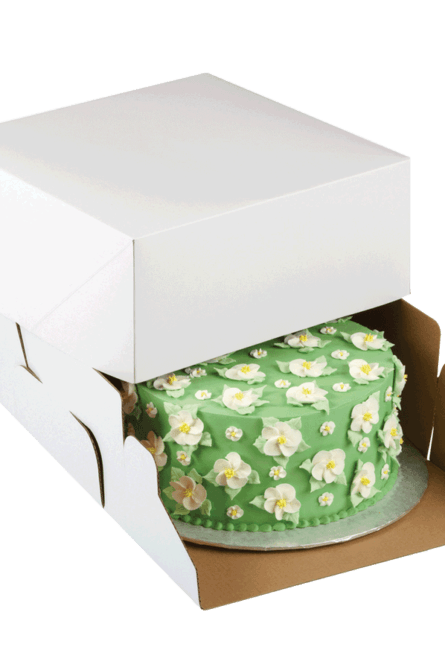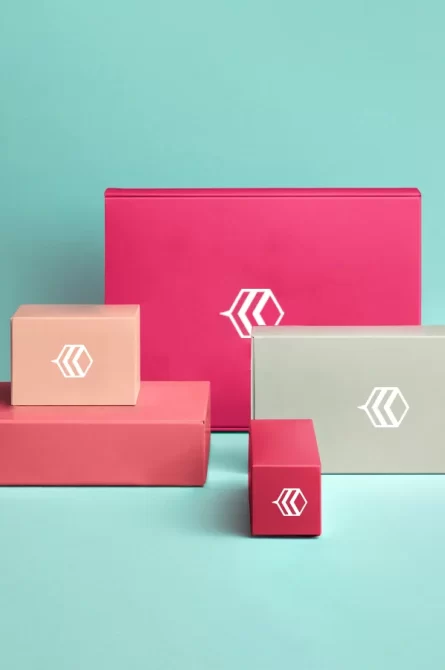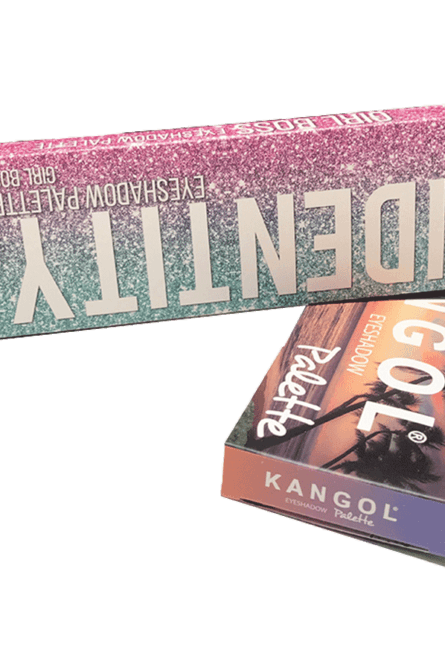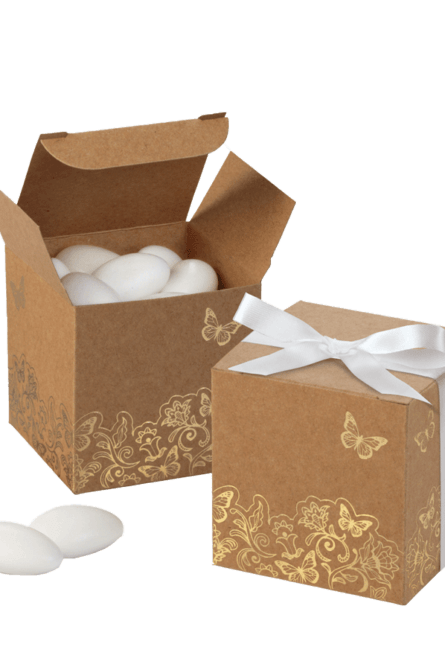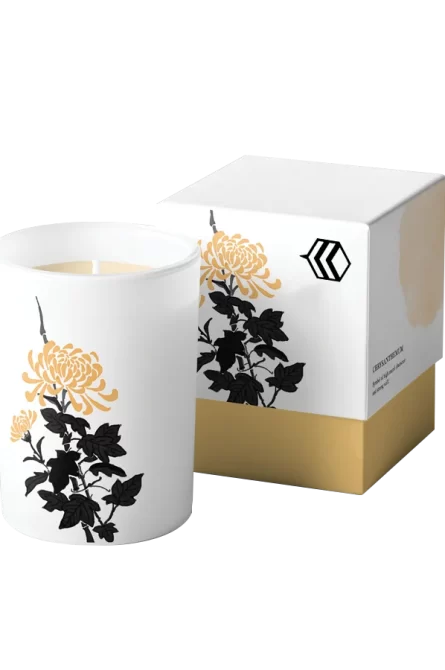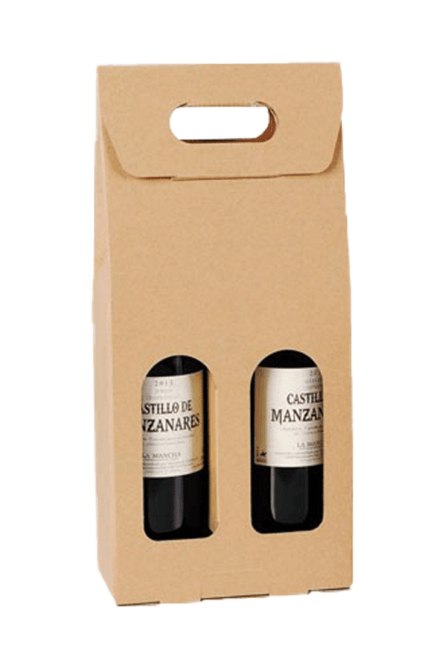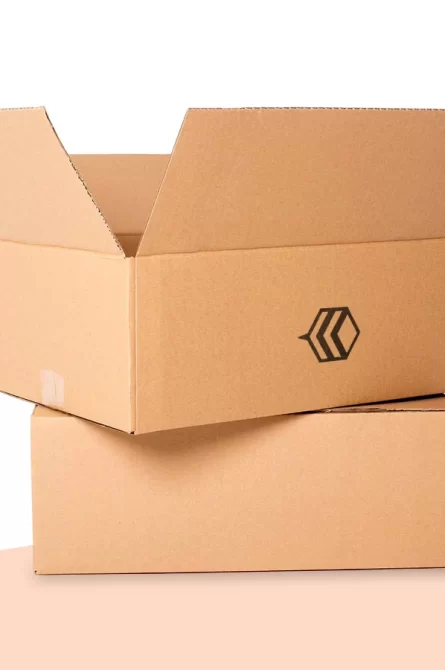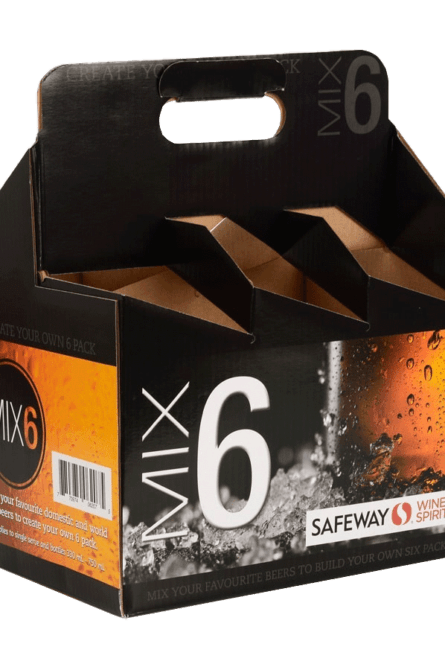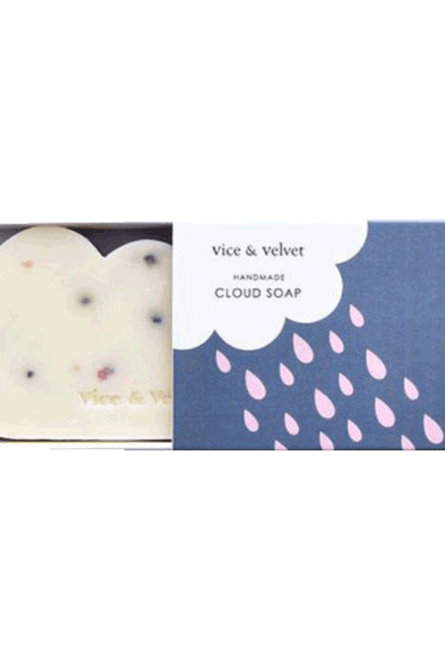19
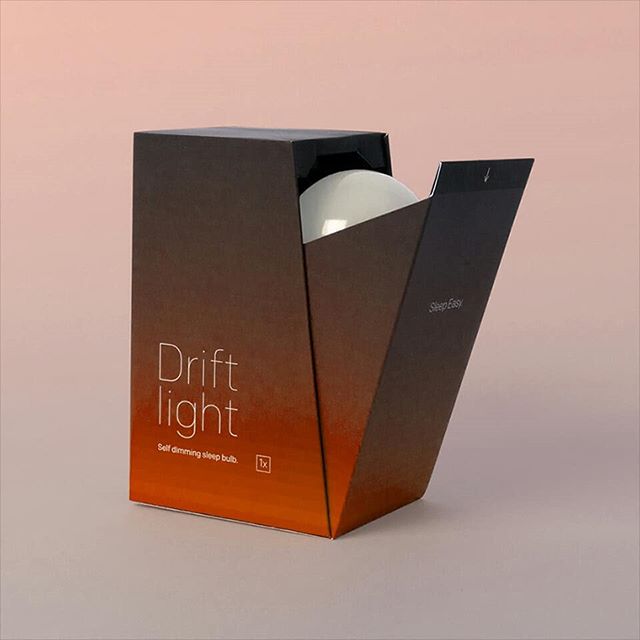
By: Monica Harper
Back in 2019, VB released her long-awaited and highly anticipated sustainability beauty line, with all of its items made from what she calls a blend of clean science and nature. So far, her beauty product range contains few eye products, liners, and block palettes.
Her business website has a list of what is ahead and what we could expect from VB in the future. Each of her product is packaged with the help of recycled product boxes, and there is almost zero use of plastic in the packaging. As a tweet from her brand’s account said, ‘’We believe we can do better’’, the majority of her packaging will dissolve in water in a matter of minutes.
Similarly, VB has repeatedly claimed to be cruelty-free, with never testing its products on the lab animals. Likewise, eight of her total of eleven products at the start are vegan-friendly, and this number would only go up in the future. She has promised to put sustainability at the heart of modern-day luxury.
Similarly, when we talk about banned products in cosmetics across the world, it is a staggering 1300. VB has ensured that other than these banned products, there are further 30 ingredients that she won’t be using due to the inconclusive and questionable safety data of these ingredients with the likes of Parabens, Paraffin wax, etc.
Going deep into the market analysis of the products of VB, we see that the range met with immediate acclaim across the world. A number of those products went out of the market in a matter of hours, and customers have to wait for the next shipment to arrive. But why we should be applauding VB, and why the term ‘sustainable beauty’ is critical?
- Sustainability has always been an issue in the beauty industry.
Pioneering beauty brands, until very near past, never focused on sustainability and kept adding up to the global environmental crisis. Talking purely about the statistics, we see that each year piles up more than eight million tons of plastic into the ocean, severely endangering the biodiversity of marine life, polluting the environment, and risking everyone’s health.
The beauty industry is one of the most significant sectors with the highest production of plastic packaging. Almost everyone agrees with this, and everyone asks for a global action that is necessary to save our planet from this ongoing crisis. However, has the beauty industry taken up enough initiatives for sustainability and lived up to the expectation of the people? Well, we can easily say, No!
The sustainability has another side to it as well, with a 2018 McKinsey study suggesting that two-third of millennials across the world are willing to spend more on beauty products if it is sustainable.
With all the growing conscience, and a greater consumer appeal has compelled many brands to go sustainable now, but as they say, the VB beauty brand did it before it was cool. Since its launch, VB has ensured to invest significantly in sustainability, and it is why it deserves a lot more applause as compared to other big names in the beauty industry.
Some of the beauty brands which have stepped up in this quest deserve mention here. Let’s look at a few other names in the industry which have put sustainability first:
- Le Parfum Citoyen – France
So, what about a local cosmetic, just like the local food? Le Parfum Citoyen from France claims to rely on the local suppliers for its perfume line heavily. It makes sure that the product is of high quality, with a shallow carbon footprint. Similarly, the packaging that it offers is highly sustainable.
- Madara Cosmetics – Latvia
If you have ever heard about stem cell biotechnology, you must have heard of Madara cosmetics. The technique of stem cell biotechnology is primarily used by Madara, which ensures that there is the minimal harvest of the actual plants in the making of cosmetics.
In the beauty industry, awareness is rising about sustainability, and a lot of credit for it goes to VB for pioneering it. It is a great time to be talking about sustainable beauty, and more and more beauty brands should invest their efforts into sustainability. It is not the future of the beauty industry; it is the NOW of it.



